If you’re ready to take the reins of your online presence and delve into the world of search engine optimization, you’re already one step ahead. Whether you run a small business or a personal blog, understanding how to enhance your online presence is crucial. SEO enables you to improve your site’s visibility in Google and attract the right audience. By learning the basics of on-page SEO, keyword research, and link building, you’ll begin to drive more organic traffic to your website, ultimately putting you in control of your online success.
This guide is designed to be your trusted companion, providing solid, beginner-friendly advice to help you understand how to perform SEO and achieve lasting results effectively. It’s written for anyone who wants to grow their online visibility in 2025 and beyond—no prior technical experience is needed. You’re not alone in this journey; we’re here to guide you every step of the way.
What is SEO and Why Is It Important?
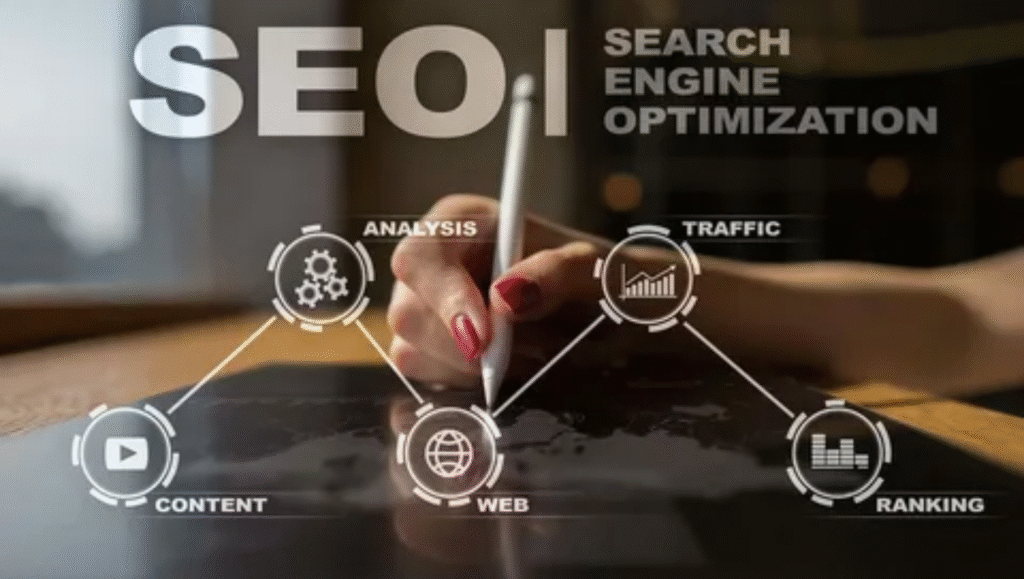
What is SEO? It means improving your website so it can rank higher on search engines like Google. When people search for something related to your business, SEO helps your site show up on the first page. That’s important because people rarely go to page two.
SEO is not just about driving organic traffic; it’s about leveling the playing field. It helps small businesses like yours compete with larger counterparts. If your site ranks high, people believe you’re more credible. In the United States, businesses that utilize SEO effectively have a better chance of outperforming their larger competitors. That’s why learning how to do SEO early is a smart move, and it’s a reason to be hopeful about the future of your business.
How Does SEO Work?
If you’ve wondered how SEO works, think of it as a conversation between your website and Google. First, Google uses bots to crawl your site and find all your pages. Then, it stores those pages in a big database. This is called indexing. Finally, it ranks them based on quality, trust, and how well they answer a user’s question.
To do this right, your website needs to avoid crawl errors, fix indexing issues, and make your pages easy for bots to read. Using a clear site architecture, adding a strong XML sitemap, and controlling crawlers with a robots.txt file can help significantly. These are the first steps toward better search engine rankings.
Different Types of SEO You Should Know
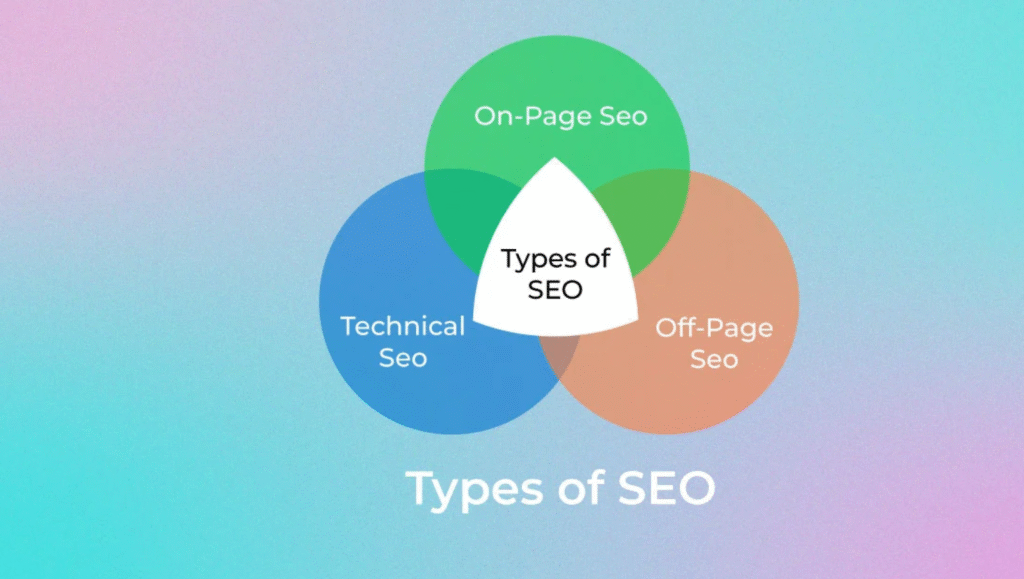
You can’t master SEO without knowing the different types. The three main types are on-page SEO, off-page SEO, and technical SEO. On-page SEO involves optimizing each page of your website. That means using the right keywords, writing great content, and organizing everything clearly with meta tags and internal linking.
Off-page SEO focuses on building your site’s reputation. This includes obtaining backlinks from reputable websites. Link building and mentions on other platforms demonstrate to Google that your site is important. Technical SEO ensures that your website runs smoothly behind the scenes. This means improving page speed, making a mobile-friendly site, using structured data, and securing it with HTTPS.
How to Get Started with SEO (Step-by-Step)
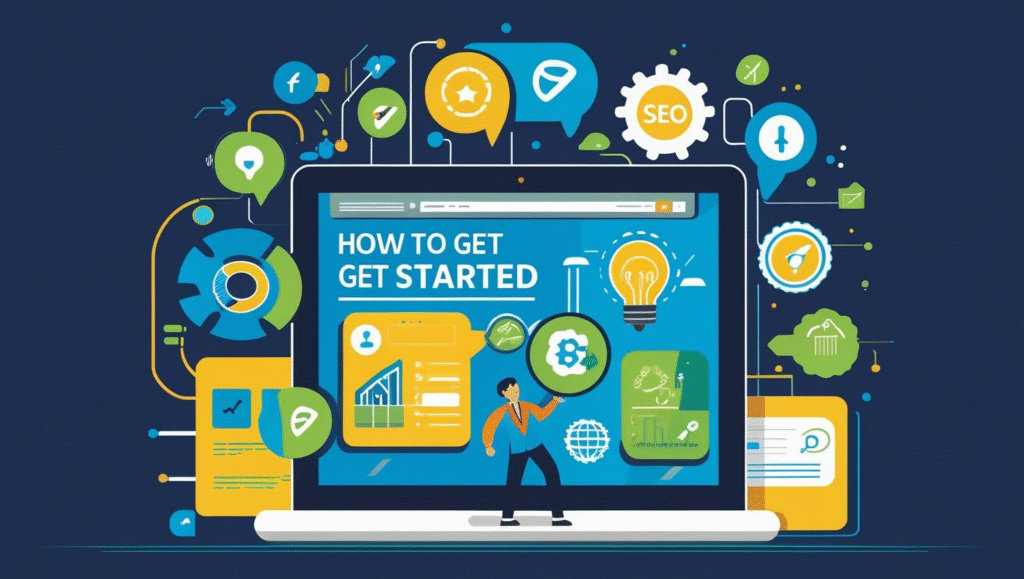
Starting SEO is easier when you follow a plan. First, do keyword research to know what your audience is searching for. Use tools to find terms related to your business that have low competition but high interest. Then, start content creation by writing articles, pages, or guides that naturally incorporate those keywords.
Next, optimize your site structure. Ensure your pages are well-linked together, utilizing effective internal linking. Improve titles and descriptions with strong meta tags. Ensure your site loads quickly and displays well on mobile devices. Lastly, start collecting backlinks from other websites to build your authority.
Learn SEO Right Now with These Free Resources
There are many ways to learn SEO for free without spending a dollar. The Moz Beginner’s Guide to SEO is a great starting point. It’s simple and written for beginners. You can also find guides and videos on Google’s official site, called Google Search Central.
Here’s a short list of free SEO resources you should check out:
Resource Name: What It Offers
Moz Learning Center Step-by-step SEO tutorials
Google Search Central SEO basics from Google experts
Ahrefs Blog: Advanced tips and strategies
YouTube SEO Courses: Free lessons with real examples
HubSpot Academy SEO training and certification
How Moz Powers Your SEO with Smarter AI Insights
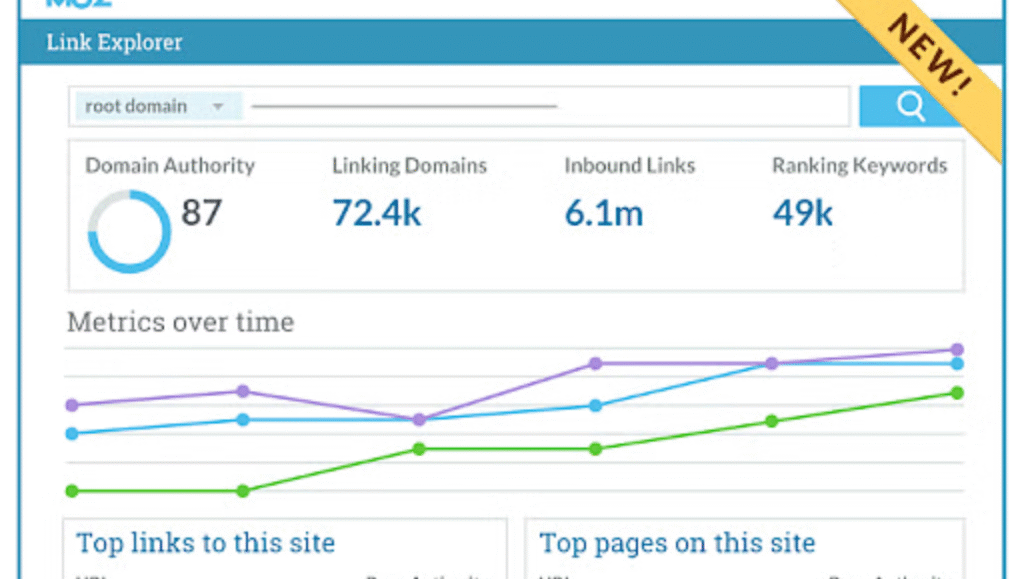
Using AI-powered SEO tools makes a big difference. SEO with Moz means utilizing intelligent tools that identify issues with your site and provide guidance on how to resolve them. Moz Pro helps find the best keywords, checks for errors, and shows how to improve your content.
The new SEO insights with AI can even predict what might be hurting your traffic. These tools highlight issues such as broken links, missing tags, or poor readability. With Moz, you can also track how your rankings improve over time.
You Also Read This: A Solopreneur’s Guide to SEO: Ranking Your Business in a Competitive Market
Best SEO Tools to Implement What You’ve Learned
Now that you know the basics, it’s time to use some SEO tools to make things easier. These tools help check your progress and fix what’s wrong. Google Search Console is the first one you should use. It shows where your traffic comes from and points out any indexing issues.
Other useful tools include Ahrefs, Moz, SEMrush, and Screaming Frog. These tools can analyze your site, suggest keywords, and track your backlinks. They also help improve site architecture, page load times, and mobile usability.
Find Link Building Opportunities at Scale
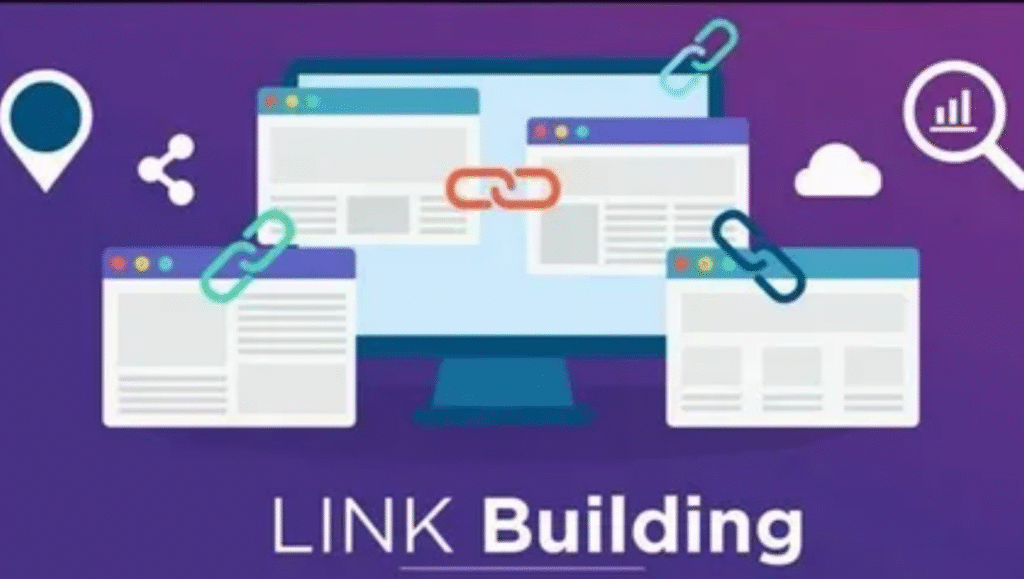
To improve your domain authority, you need to grow your backlinks. That means you need a strong link-building strategy. Start by creating helpful content that people want to share, such as in-depth guides, informative blog posts, or engaging videos. Then reach out to websites in your niche and ask them to link to your content.
Guest blogging, creating research posts, or sharing infographics can also help. Tools like Moz Link Explorer and Ahrefs show who’s linking to you and who isn’t. That makes it easier to spot new chances to earn high-quality backlinks.
Never Miss an Issue Impacting Your Website Traffic
Small problems can quickly lower your ranking. That’s why you need to regularly check your site’s health. Tools like Google Search Console and Moz Pro indicate whether you have crawl errors, slow pages, or other issues that impact your organic traffic.
Track changes in your rankings and fix things quickly. Set alerts for any big drops in traffic. If your site’s structure is broken or your canonical tags, which are HTML elements that specify the source of content, are missing, Google may rank your pages lower. Fixing these issues can instantly help you generate organic traffic.
SEO Best Practices for Beginners in 2025
Search engines change fast. But some things always matter. One of the best practices for SEO is making your site easy to use and helpful for real people. That includes having fast-loading pages, a clear layout, and content that solves real problems.
Utilizing Core Web Vitals to enhance the speed of your page load and its stability during scrolling can help boost your rankings. Don’t forget to use keywords that match what people are searching for. Answer questions that show up in People Also Ask (PAA) and aim for featured snippets.
Keep Learning SEO and Stay Updated
SEO doesn’t stop. Google changes its rules often. So you need to keep learning. Follow websites like Moz, Search Engine Journal, and Backlinko. Join newsletters or listen to SEO podcasts to hear the latest tips.
The rise of the AI Overview feature shows that AI is now a big part of search. That’s why you must write content that’s detailed, trusted, and well-structured. Sites that follow SEO best practices have a higher chance of appearing in these new AI-based search results.
Final Thoughts: Ready to Start Your SEO Journey?
Starting with SEO may feel challenging at first, but the results are well worth it. If you use the right SEO tools, follow smart steps, and stay consistent, you’ll soon start to improve search engine rankings and get more traffic.
Whether you want to rank a blog, sell products, or grow a brand, this guide gives you everything you need to begin. Now is the time to apply what you’ve learned and build a strong online presence using search engine optimization.
FAQs:
1: What is SEO, and how does it help my website?
Search Engine Optimization (SEO) improves your website’s visibility in Google and other search engines. When done right, SEO helps you generate organic traffic, improve search engine rankings, and attract users who are already searching for what you offer. It’s a long-term strategy that builds credibility and boosts your site’s performance.
2: How does SEO work for beginners in 2025?
SEO for beginners involves a step-by-step approach. First, conduct keyword research, then create helpful content. Next, optimize your pages using on-page SEO techniques, improve your site’s speed, and ensure your site is mobile-responsive. Tools like Google Search Console help you track results and fix problems.
3: What are the best SEO tools to use in 2025?
Numerous powerful SEO tools benefit both beginners and experts alike. Free tools, such as Google Search Console and MozBar, help you track your performance. For a deeper analysis, tools like Moz Pro, Ahrefs, and SEMrush offer features such as link building tracking, domain authority checks, and AI-powered SEO tools, providing better insights.
4: How can I build backlinks and increase domain authority?
To increase domain authority, you need high-quality backlinks. This occurs through link-building methods such as guest posting, creating shareable content, and outreach to relevant websites. Using tools like Moz Link Explorer, you can identify sites that might link to your content and track which ones already have.
5: Can I learn SEO for free and still get results?
Absolutely! You can learn SEO for free using trusted resources like Moz, Google Search Central, and HubSpot Academy. These platforms teach you how to do SEO, fix crawl errors, write strong meta tags, and use structured data—everything you need to optimize website content and get real results.
Welcome to Depthoverdrive,
I’m Syeda Naqvi, a passionate SEO content writer with 3 years of experience in crafting engaging, optimized, and reader-friendly content. I specialize in creating content that not only ranks on search engines but also provides real value to readers, with a strong understanding of keyword research, on-page SEO, and content strategy.
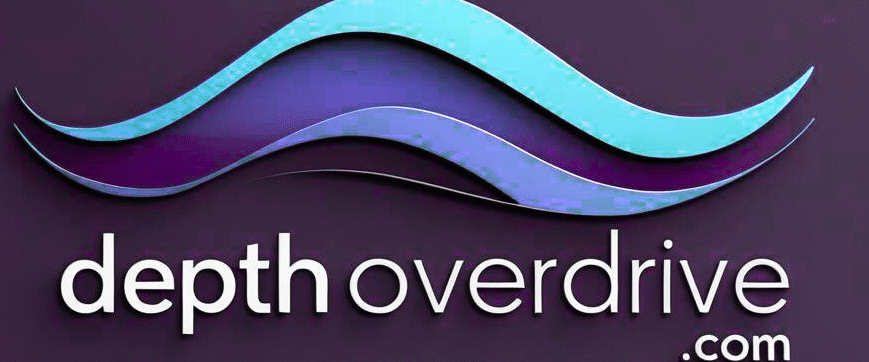
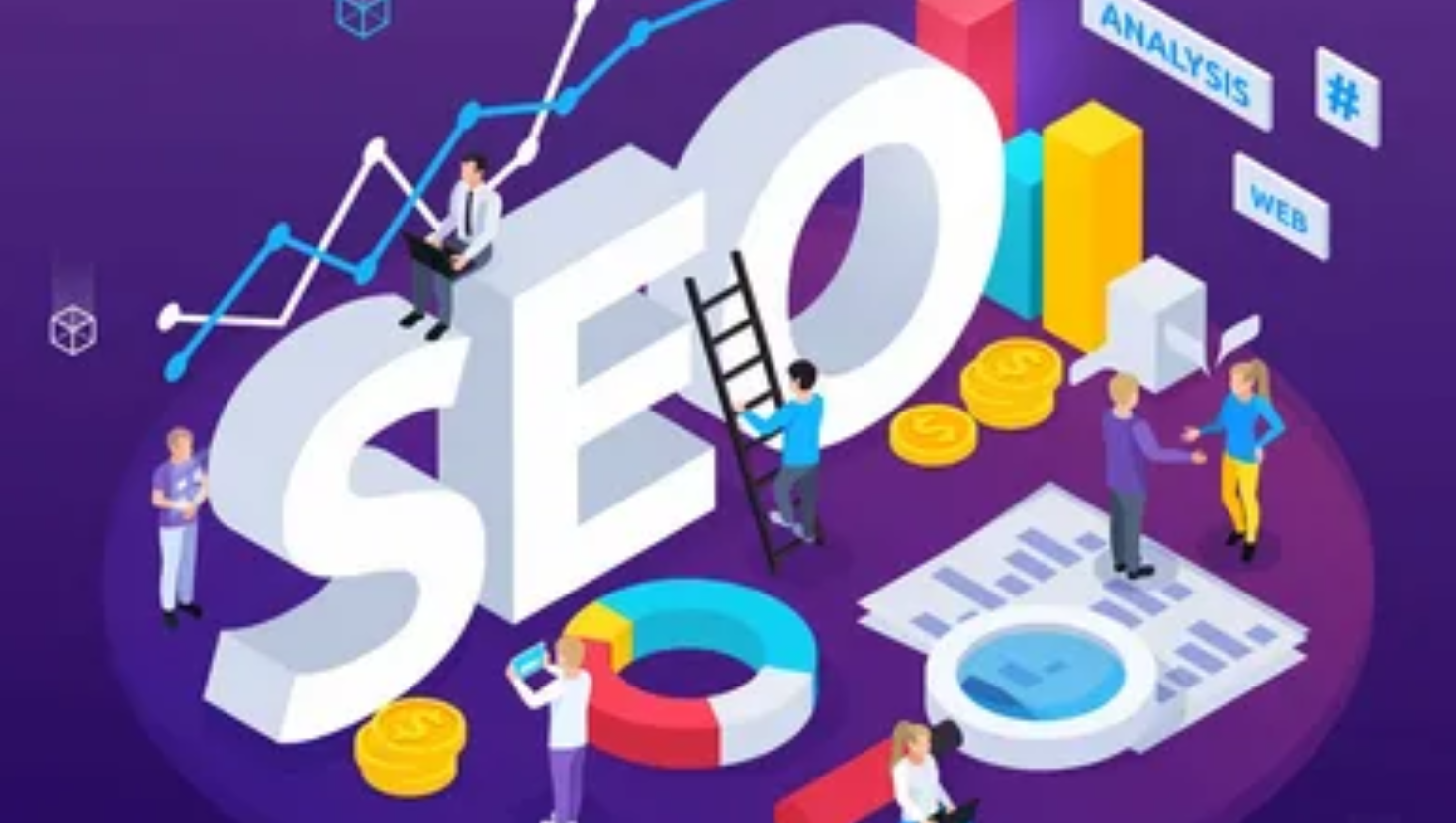
1 thought on “Get Started in Search Engine Optimization (SEO) with Some Solid Advice”